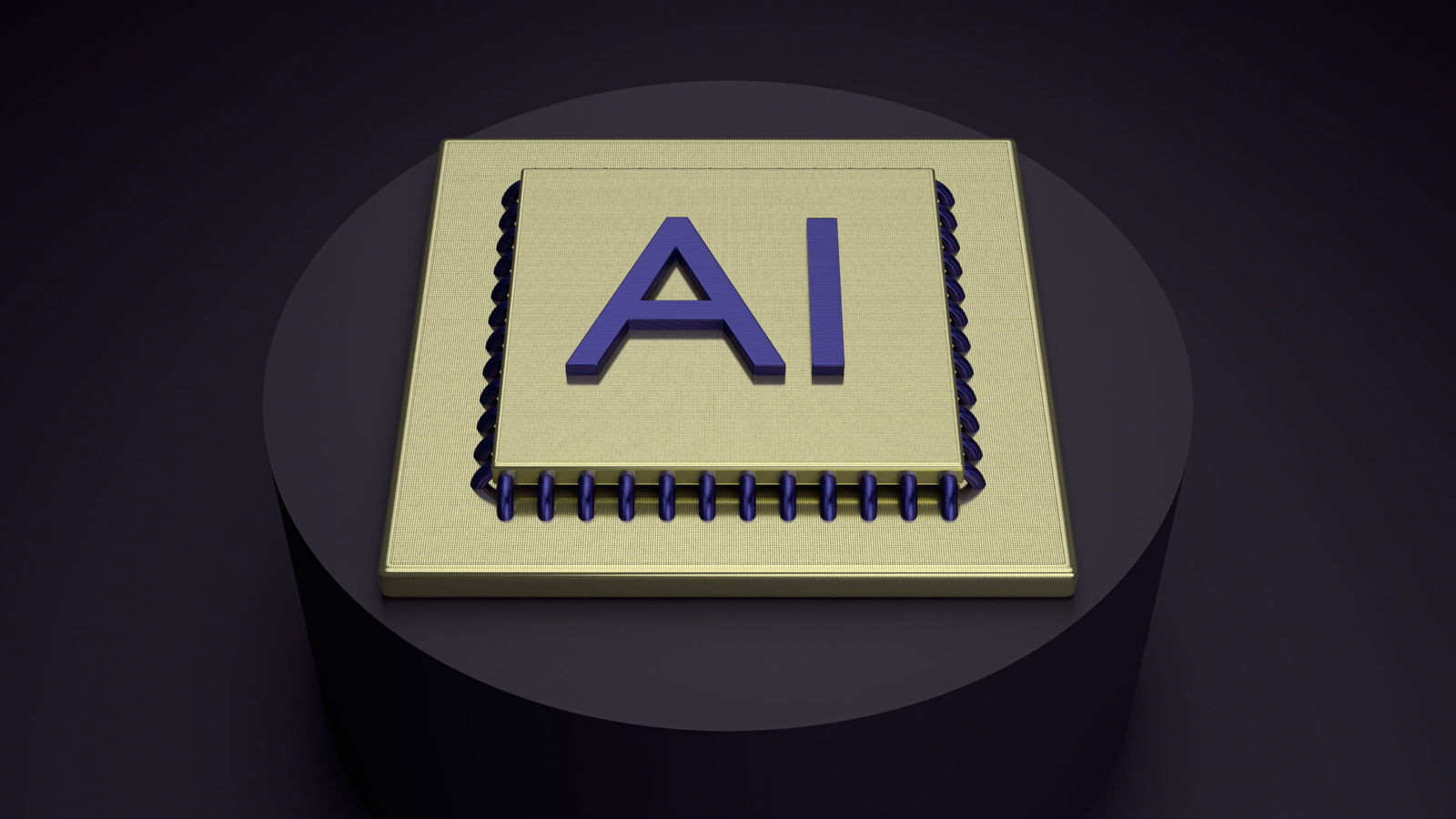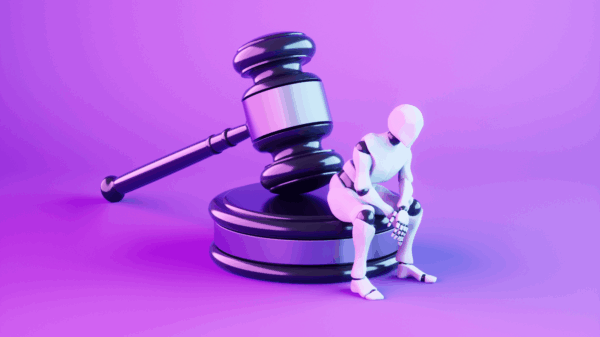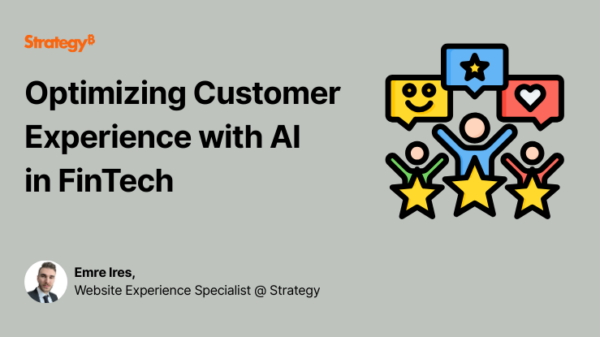Protecting Digital Identities: How Vermillio is Leading the Charge Against Deepfakes
As generative AI technology continues to evolve and permeate our digital landscape, concerns around deepfakes and unauthorized use of digital likenesses are becoming increasingly pressing. In this environment, Vermillio is positioning itself as a pivotal player. Founded with the mission to safeguard individuals’ rights in the AI-generated content space, Vermillio aims to build “the guardrails for what we think will be the future of the internet,” according to Kathleen Grace, the company’s Chief Strategy Officer.
Vermillio’s innovative Trace ID technology seeks to tackle these challenges head-on. This tool is designed to identify and trace unauthorized uses of individuals’ likenesses—whether celebrity or everyday person—on the internet. “Trace ID was designed and built to eliminate all concerns around trust, copyright, and ethical practices in the realm of Artificial Intelligence,” Grace elaborated. Through this technology, the company aims to establish a framework that secures and authenticates content, thereby fostering trust in AI-generated materials.
Understanding the Rapid Spread of Deepfake Technology
The rise of deepfakes poses a significant threat to personal privacy and digital identity. “We’re seeing regular people being deepfaked because this technology is moving so quickly,” Grace noted. As misuse becomes more commonplace, the need for protective measures is urgent. In a recent examination by The Guardian, Vermillio’s Trace ID was put to the test against AI-generated images. The results revealed alarming statistics: an AI image inspired by the iconic series Doctor Who matched 80% of Vermillio’s established fingerprint for the content, indicating heavy reliance on copyright-protected material.
Additionally, a video from OpenAI, stamped with the watermark of OpenAI’s Sora tool, achieved an 87% match with Vermillio’s database. These findings underscore the critical importance of monitoring how AI models are trained and what data they utilize.
Building a Cooperative Ecosystem for AI
Grace advocates for a collaborative ecosystem within which copyright holders and AI companies can share data responsibly. “We can all win if we just take a beat and figure out a way to share and track content,” she stated. This cooperation could not only incentivize copyright holders to make more data available but would also grant AI companies access to richer datasets. Grace envisions a system that minimizes the financial concentration within a small number of major AI firms, promoting a more equitable landscape for creativity and innovation.
For individuals concerned about the unauthorized use of their images, Vermillio offers a free version of its Trace ID technology. This service provides users with a score indicating the likelihood of unauthorized content linked to their name, image, or likeness being available online. “You can get a sense of your AI risk,” Grace explained, highlighting the company’s commitment to transparency and user empowerment.
As deepfakes become an increasingly prominent issue, Vermillio’s Trace ID technology emerges as a crucial tool for individuals looking to protect their likeness in the ever-evolving digital age. “We’re just here to protect people and build the right guardrails so that the generative AI world can benefit everyone,” Grace concluded.
As we navigate this complex landscape, the initiatives put forth by companies like Vermillio are essential in safeguarding our identities while exploring the boundless potential of AI-generated content.
See also Dario Amodei Pushes for AI Guardrails Amid Job Impact Concerns in 2025
Dario Amodei Pushes for AI Guardrails Amid Job Impact Concerns in 2025 Cisco Acquires AI Translation Startup EzDubs to Enhance Webex with Real-Time Features
Cisco Acquires AI Translation Startup EzDubs to Enhance Webex with Real-Time Features Google Cloud Launches Free Learning Path to Bridge AI Prototype-to-Production Gap
Google Cloud Launches Free Learning Path to Bridge AI Prototype-to-Production Gap Pope Leo XIV Warns Against AI Bias in Healthcare, Advocates for Human Dignity
Pope Leo XIV Warns Against AI Bias in Healthcare, Advocates for Human Dignity Pennsylvania Lawmakers Propose AI Deepfake Reporting Bill Amid Child Abuse Concerns
Pennsylvania Lawmakers Propose AI Deepfake Reporting Bill Amid Child Abuse Concerns






































































